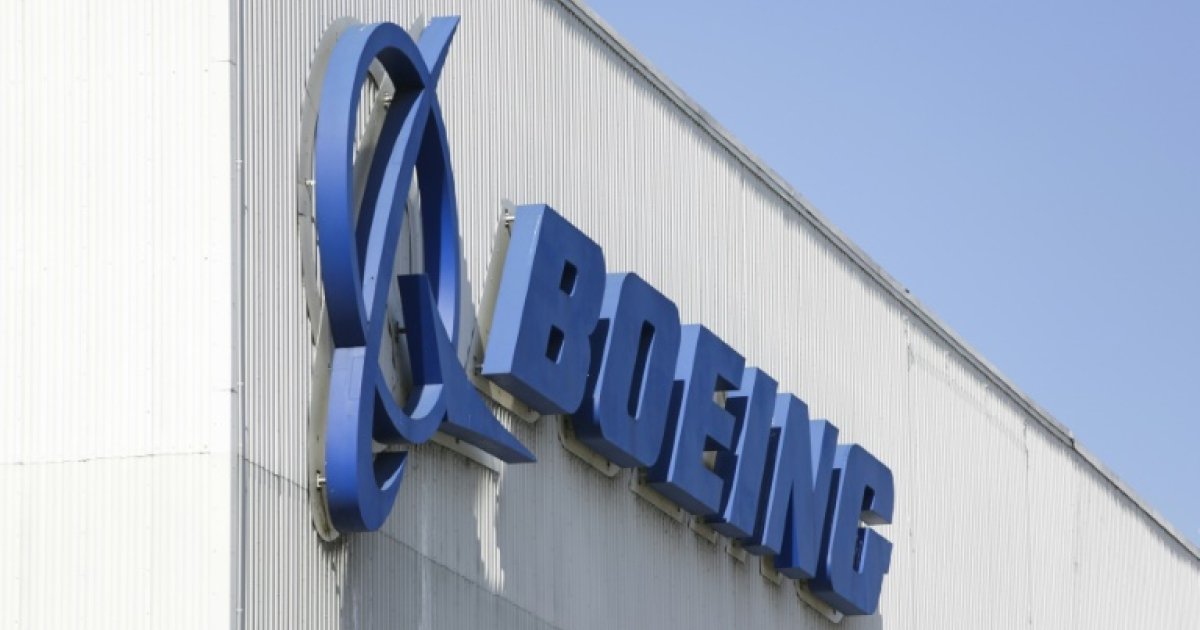
A federal jury in Chicago on Wednesday ordered Boeing to pay more than $28 million to the family of Shikha Garg, a 32-year-old United Nations environmental worker who died in the 2019 crash of Ethiopian Airlines Flight 302, one of two deadly Boeing 737 MAX accidents that killed 346 people worldwide.
The decision marks the first jury verdict among dozens of lawsuits filed over the twin 737 MAX crashes,the Ethiopian Airlines tragedy in March 2019 and the Lion Air crash in Indonesia in October 2018. Both disasters were later linked to a faulty automated flight control system that repeatedly forced the planes’ noses downward, leaving pilots struggling for control.
Under an agreement reached between the parties Wednesday morning, Garg’s family will receive a total of $35.85 million, which includes the full verdict amount plus 26% interest. Boeing agreed not to appeal the decision, according to the family’s attorneys, signaling a final resolution to one of the most closely watched wrongful-death cases stemming from the MAX crisis.
In a statement, a Boeing spokeswoman said the company remains “deeply sorry to all who lost loved ones on the two flights.” She added that while the company has settled the vast majority of claims, it respects the right of families to seek damages through the court system.
“While we have resolved the vast majority of these claims through settlements, families are also entitled to pursue their claims through damages trials in court, and we respect their right to do so,” the spokeswoman said.
Attorneys Shanin Specter and Elizabeth Crawford, who represented Garg’s family, called the verdict an important step toward accountability. “This verdict provides public accountability for Boeing’s wrongful conduct,” they said in a joint statement.
Garg was one of 157 people killed when Ethiopian Airlines Flight 302 crashed shortly after taking off from Addis Ababa, Ethiopia, bound for Nairobi, Kenya. Her husband, an Indian government official, filed the lawsuit on behalf of their family. The complaint alleged that Boeing knowingly placed a defective aircraft into service and failed to properly inform regulators, pilots, and passengers about the risks posed by the 737 MAX’s automated flight control system.
The crash came just five months after the Lion Air Flight 610 disaster in Indonesia, which killed 189 people. Investigators later found that both accidents were caused by erroneous sensor data triggering the plane’s Maneuvering Characteristics Augmentation System (MCAS), a software feature unique to the MAX. The system repeatedly forced the nose of the aircraft down, overwhelming flight crews.
Boeing subsequently grounded the 737 MAX fleet worldwide for nearly two years, facing criminal and civil investigations, congressional scrutiny, and the largest corporate crisis in its history. The company later entered a $2.5 billion deferred prosecution agreement with the US Department of Justice, which included a criminal fine and compensation for victims’ families.
According to Boeing, it has now settled more than 90% of the civil lawsuits related to the two crashes, paying out billions of dollars in compensation. Earlier this month, on November 5, the planemaker quietly reached settlements in three additional lawsuits filed by families of other Ethiopian crash victims. The terms of those agreements were not disclosed.
The Chicago verdict is viewed as a potential benchmark for any remaining cases still pending in US courts. It also reopens scrutiny of Boeing’s corporate decisions, safety culture, and regulatory oversight during the 737 MAX development program issues that continue to shadow the company as it works to rebuild public trust and financial stability.
Erizia Rubyjeana



